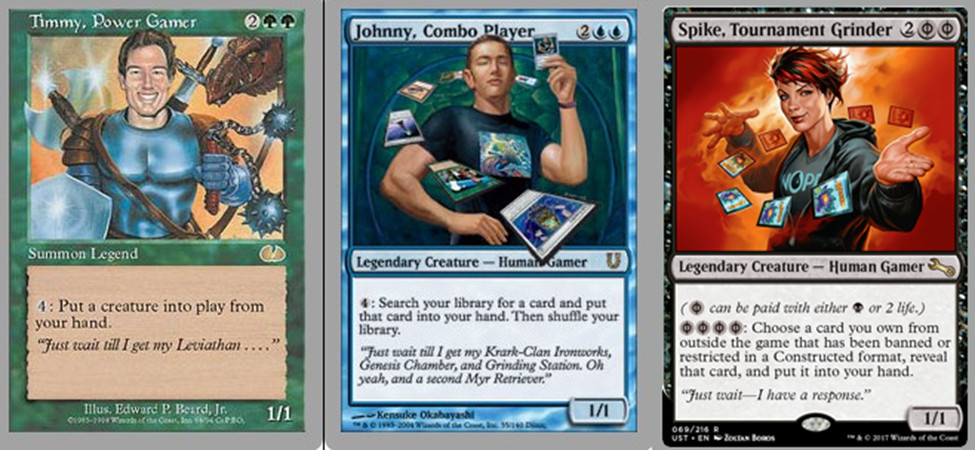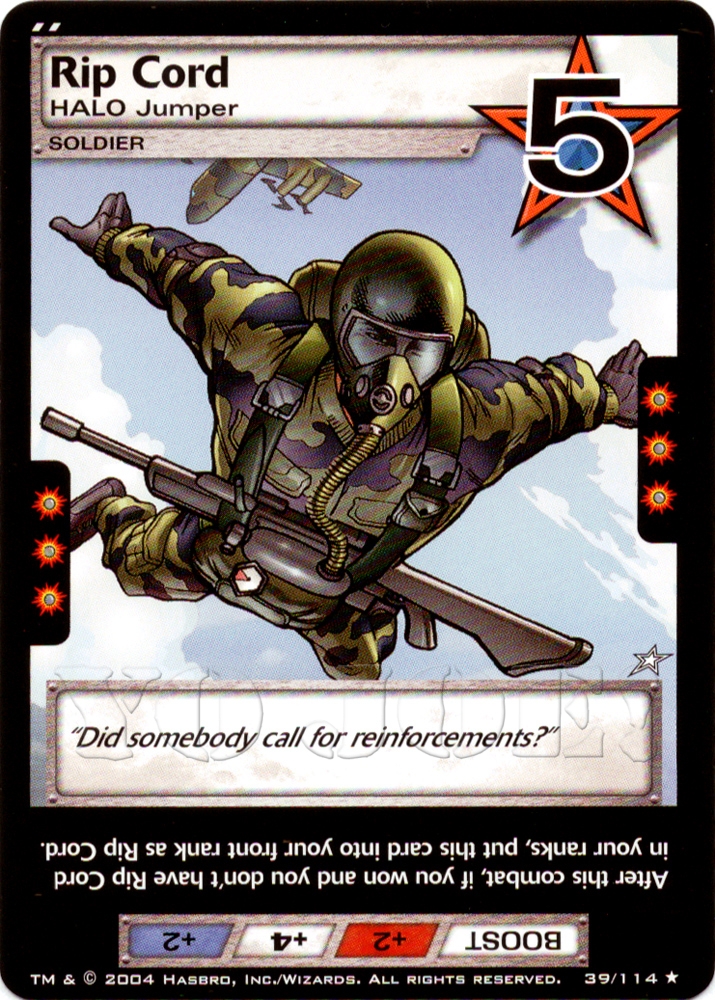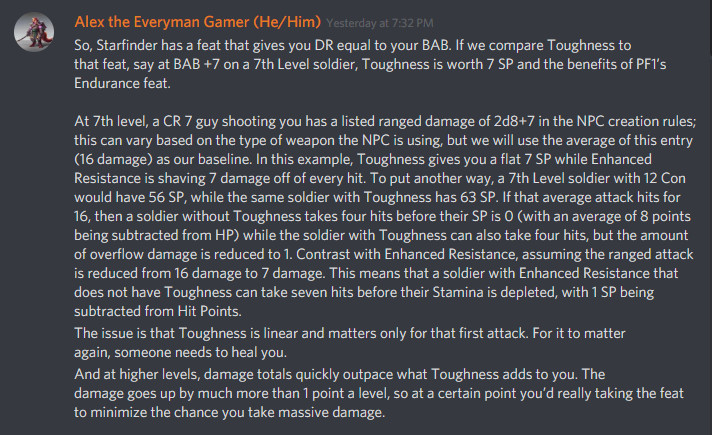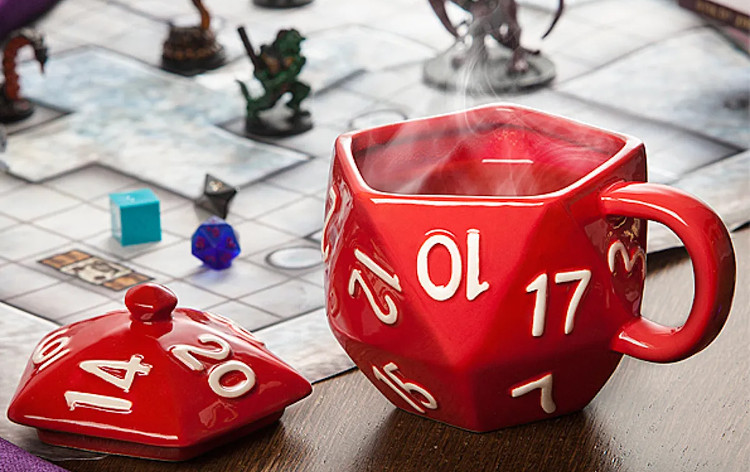“Different players play for different reasons” is the core of this blog’s philosophy, so naturally I am interested in the topic of player motivation. As should you, GMs.
I was recently reintroduced to one of the game industry’s most famous takes on the topic, originally known as Timmy, Johnny, and Spike but updated to Timmy/Tammy, Johnny/Jenny, and Spike. Mark Rosewater, Head Designer for Magic: The Gathering, originated the theory of the Timmy/Tammy, Johnny/Jenny, and Spike. He discusses it, among other topics, on his recent appearance on Justin Gary’s Think Like A Game Designer podcast, but the theory’s been around for close to two decades. Surprisingly, other than a few clarifications and an update to the names to be more inclusive, the idea hasn’t changed much since 2002.
Towards the end of the interview, Rosewater summarized these three player types as follows:
- Timmy/Tammy wants to experience something
- Johnny/Jenny wants to express something
- Spikes wants to prove something
Other sources summarized each type pejoratively (like on the comedy cards based on them from the Unglued, Unhinged, and Unstable sets), often tongue in cheek. Without judgment, though, the above summaries show that what truly defines this categorization is player motivation. Other places I’ve seen categorize player types, like the Game Mastery Guide, group them by behaviour. Power Gamers, Rules Lawyers, Divas, etc. While this kind of categorizing can be useful, it’s looking at the symptoms instead of the cause.
Offhand, here are some examples of each player type from my experiences:
Timmy/Tammy (Experience)
Over a decade ago, when my preferred board games were party games, I was visiting my friends Lance and Chandra, the Sputniks. A game of Settlers of Catan broke out on their custom made Catan table inset with hexagons to insert the tiles. Towards the end, Chandra initiated a trade, which I accepted, allowing her to score the 10th victory point and win the game.
Good for her, I thought. That was fun.
Lance scowled at me. Looking back, I can understand why. I played that game like a little league kid, just having fun. That trade didn’t benefit me, and it directly lead to another player’s victory. Playing for the experience isn’t ideal in a competitive game, although Chandra won by recognizing that I wasn’t playing tactically and exploited that, meaning of the two Spike players, she was the one who proved her superiority.
 Along similar lines, the best example of a game played for the experience is Cards Against Humanity. It’s technically competitive, but even the rulebook dismisses the win conditions. For the most part, the real win condition is the fun had along the way.
Along similar lines, the best example of a game played for the experience is Cards Against Humanity. It’s technically competitive, but even the rulebook dismisses the win conditions. For the most part, the real win condition is the fun had along the way.
Cathy is the best example I have of a Tammy. No one will ever accuse her of being anything but invested in the game. I’ve said before that I wanted her on the Adventurous cast because she has great intuition for the hooks and directions we should take. A lot of this is because the experience is her top priority.
The easiest way to make Cathy sigh is to tell her she leveled. It’s hilarious to see the rest of the table woot while Cathy pouts. But while she has aptitude for the game’s rules and character options, it is a chore to her. A necessary evil for the real reason she plays Pathfinder: To play Pathfinder!
Johnny/Jenny (Expression)
I’m Johnny! When I played Warhammer 40 000, I played a Crimson Fist Space Marine army, a chapter that is flavoured by its status as being nearly wiped out. So I decided I wouldn’t include any plasma weapons in my army, because plasma weapons wound the user when you roll a 1 (at least in the editions I played). I gained no benefit from this limitation and denied myself an important part of my army’s arsenal, but I just couldn’t justify a Crimson Fist army using a weapon that could potentially diminish their dwindling numbers.
When I played the GI Joe TCG (yep), one of my decks was an infiltrator deck. Normally you were limited to the number of soldiers you drew during the deployment phase, but a few cards had abilities that let you add new soldiers later in the game. Sound tactic, you might say, sounds more like a Spike than a Johnny. Here’s the thing. Ripcord had an infiltration ability, but he also had a rider that he only infiltrates if you win a combat in which he is used as the boost, and his boost bonuses were terrible, the second worst they could be. His power wasn’t great either, especially for his supply cost. There were a bunch of reasons to exclude Ripcord from my deck. I kept him in for one reason: he was on theme.
As it relates to Pathfinder, the best example of my Johnny tendencies are in our review of the Playtest rulebook. As soon as I couldn’t give Karkerkast the low Charisma that defined the character as much or more than his abilities, I checked out of the system. Being able to express my character mechanically is so core to my motivation as a player that a system that denies me that option is not a system I want to play.
It’s important to note that the rules just let me give myself a penalty if I want. I could play him as the curmudgeon he is regardless of his Charisma. I think that’s a key difference between playing for the experience and playing for the expression: As a Johnny, I need the system to work with my ideas. I can’t just pretend that a plasma gun misfire teleports my Crimson Fist away from the battlefield. And I need to be able to consider flavour and crunch and make a meaningful decision, which Pathfinder 1st edition goes like a champ.
Spike (Prove)
Of the three player types, Spike is the only one that I feel the motivation is summarized critically. Maybe it’s just that I can see myself in playing for the experience or the expression more than playing to prove something. Maybe it’s because these player types originate in a competitive game and so the competitiveness inherent in playing to prove something is more appropriate than saying a roleplayer has something to prove. In any case, Spike is the player who woots the loudest when they level up.
My days of being a Timmy Catan player are behind me, and I go full Spike when playing competitive games. If there’s a win condition, I’m trying to find the best path to it. I can play a light game and have fun with the lightness, but I never take my eyes off the prize. I played Rick and Morty: Close Rick-Counters of the Rick Kind Deck-Building Game https://boardgamegeek.com/boardgame/221372/rick-and-morty-close-rick-counters-rick-kind-deck this weekend with Cathy, Am, and Tina. I wasn’t drafting the funniest cards or the characters I liked, I was drafting for strategy. At one point Am casually mentioned that her hands weren’t great, like she was getting unlucky. In her at that moment, I saw my past self casually making a bad trade that cost me a game of Catan.
I think Alex demonstrated he is a Pathfinder Spike when he tried to prove that Toughness is a trap feat in Discord recently:
For GMs
Being conscious of player types is not about stereotyping your players, it’s another tool to help you understand how and why they play their games. Cathy’s heard her fair share of snide comments about how wrong it is to not want to level her characters, but if it’s not an aspect of the game that interests her then there’s nothing to gain from trying to help her understand the value of leveling. She knows the value of leveling, she just doesn’t derive fun from it. Likewise, when I called Perram out on opening too many doors during the recent Adventurous specials, it could have been seen as nitpicking or being an adversarial player, but to me it was the system and the story getting out of synch, and my immersion is based the system and story synergizing. Finally, Alex may come off as a power gamer when he tears Toughness apart, but it’s because his passion for the system that makes his Iconic Designs so fascinating and entertaining also fuels his opposition for dry options like Toughness.
It is not our job as GMs to turn Johnnies into Timmies, or get a Tammy to see the value of a Spike. We are the ones most responsible for bringing the fun to the table, and understanding what motivates a player to play helps us understand what our players find fun.









I think it is important to remember (and your examples even back up) that these are not mutually exclusive designations. Every player can exist on a spectrum with one or more of these being important to them. Don’t think of a player as just one or another, but caring about each… some more than others.
Great article.